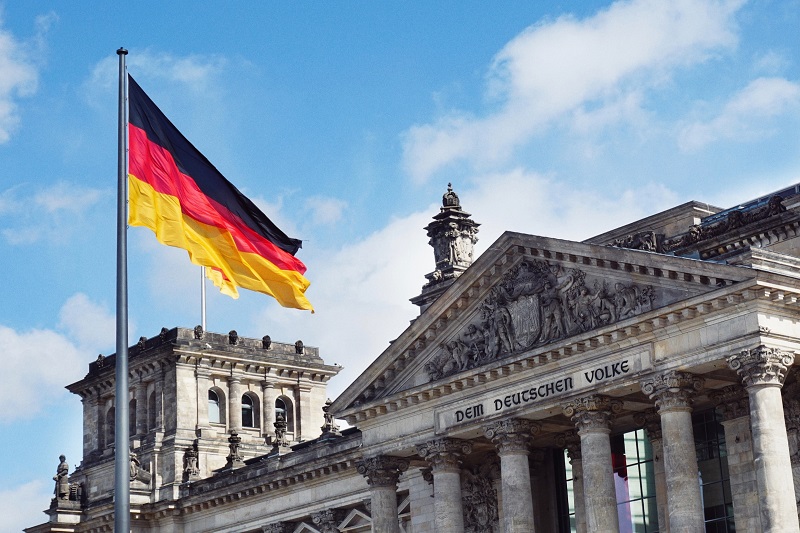
Germany Embraces NATO, China Remains a Partner, Competitor and Systemic Rival
Germany has found a new role in NATO’s new 4,400-page defense plan which was agreed in Vilnius two days ago. Chancellor Olaf Scholz said NATO is a defence alliance but it’s ready and capable to counter any kind of military threat. He believes Germany will play a leading role in the alliance’s new European security plan.
Scholz at NATO’s two-day summit in Vilnius, Lithuania, committed to having 35,000 Germany troops in operational readiness by 2025. Germany’s defense minister Boris Pistorius highlighted that NATO’s new 4,400-page defence plan gives Germany a key role. He noted that geography and geopolitics have turned Germany and its infrastructure into a key hub for the alliance for transporting troops and equipment as NATO ramps up defense on its eastern wall. “Everything going from west to east has to go through Germany. If a worst-case arrives, or is expected, then things have to go quickly, the deployments have to work quickly and reliably.”
Keep Reading
Germany wants to further strengthen the European pillar of the transatlantic defence community. its defence ministry said the more their European allies contribute militarily and politically to NATO, the more solid the transatlantic alliance will be. “Europe’s ability to act on its own is increasingly a prerequisite for German and European security. This ability to act entails modern, capable armed forces in the EU member states, as well as a high-performance and internationally competitive European security and defence industry that creates the foundations for the armed forces’ military capabilities.”
NATO also acknowledged that a strong defence industry across the alliance, including a stronger defence industry in Europe and greater defence industrial cooperation within Europe and across the Atlantic, remains essential for delivering the required capabilities.
Germany is ramping up its foreign policy with China to derisk, rather than decouple Berlin from Beijing. It seeks to reduce dependencies on Beijing. German Foreign Minister Annalena Baerbock said the strategy will send out a signal that Germans are not naïve. “For Germany, China remains a partner, competitor and systemic rival, but the aspect of systemic rivalry has in recent years increasingly come to the fore.
She warned that companies that make themselves dependent to a large extent on the Chinese market will in the future have to carry the financial risk more heavily themselves. Germany has had to learn the hard way, via the Russian-Ukraine conflict, that one-sided dependencies make the country vulnerable and susceptible. As such the German government has taken upon itself to protect its own resilience, security and reduce dependencies that threaten Germany and its desire for peace and freedom.




